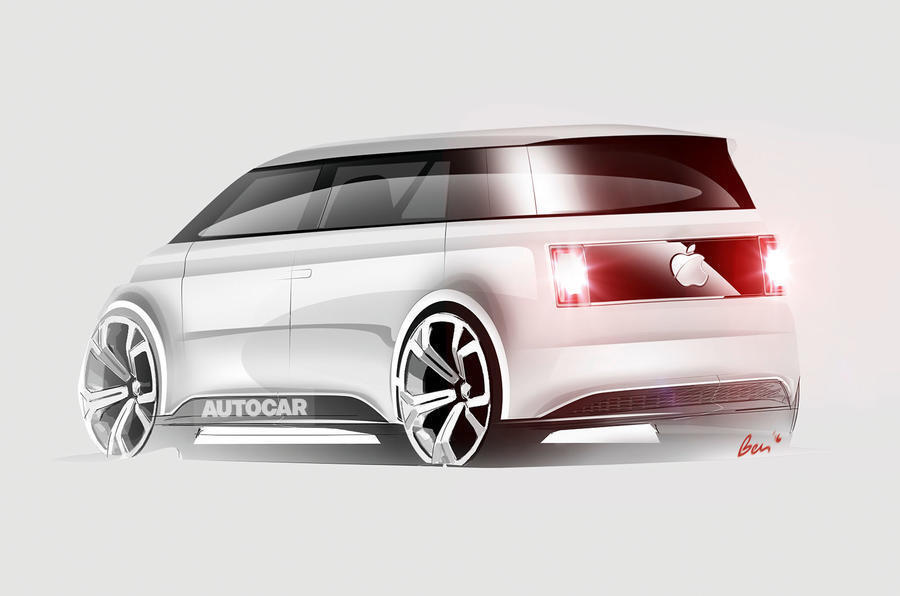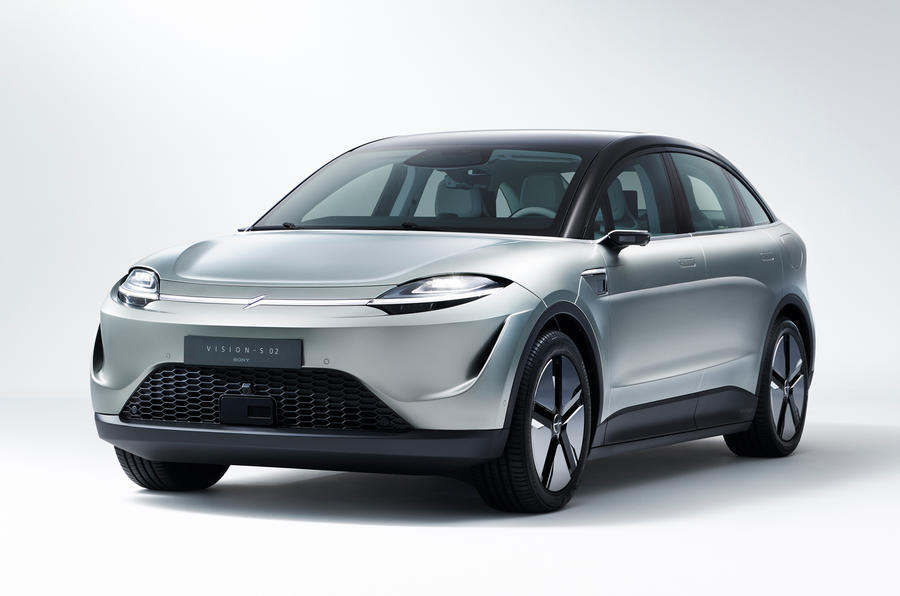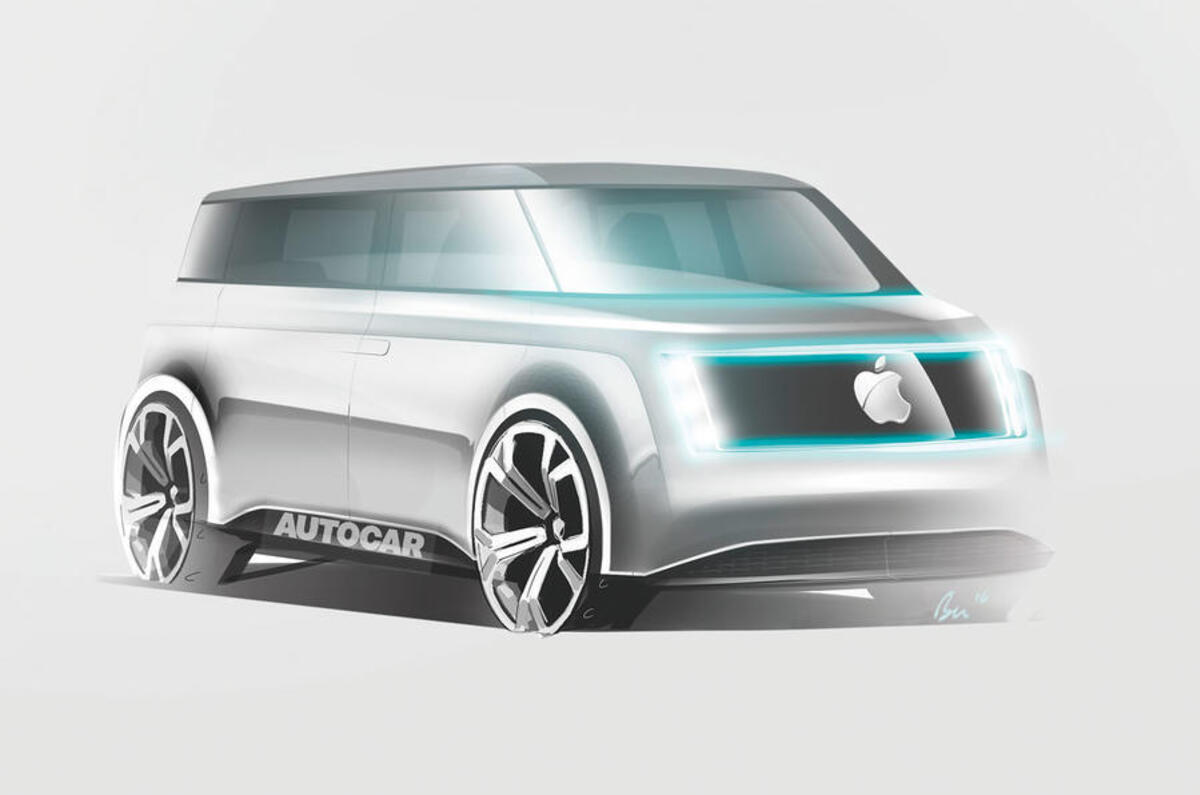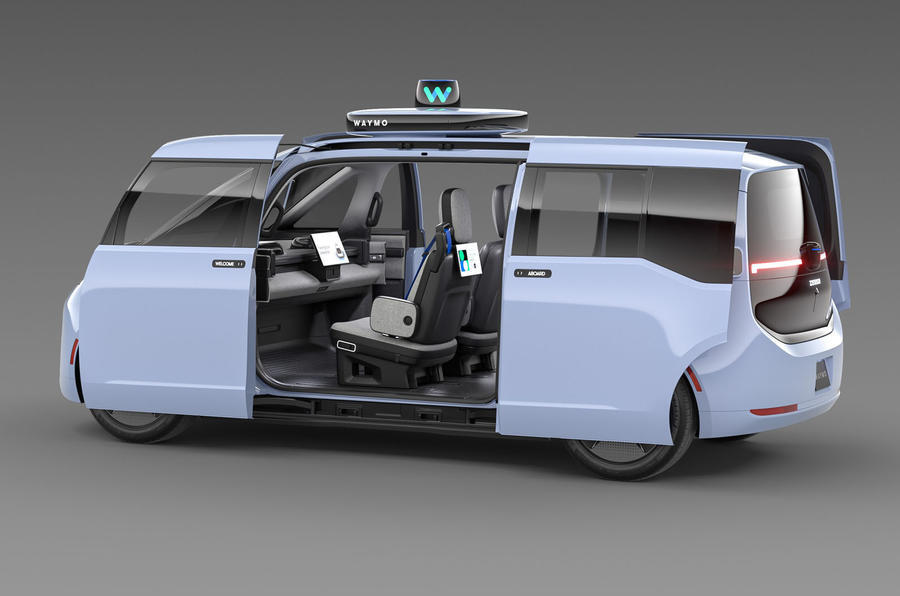Apple has postponed its first car – dubbed ‘Project Titan’ – and massively scaled back its autonomy ambitions, a new report has claimed.
Citing people with knowledge of the matter, Bloomberg reported that Apple executives are facing the prospect that full (level five) autonomous driving is impossible with current technology.
Apple will reportedly now focus on enabling self-driving on motorways only, which suggests that a level two-plus advanced driver assistance system (ADAS) in the mould of GM’s SuperCruise or Ford’s BlueCruise is being considered as an alternative.
A level three system similar to those in the Mercedes-Benz EQS and S-Class may also be in the frame. Level three is the first stage considered to be autonomy, rather than ADAS, but it works under limited conditions only – in preset (geofenced) areas and requiring driver input to navigate obstacles such as roadworks or inclement weather.
As such, Titan – previously planned to be an MPV-sized shuttle with limousine-style seating, omitting a steering wheel or pedals – will now don a more conventional silhouette and the required controls for human control, Bloomberg said.

This is despite reports as recently as August suggesting that the iPhone maker had signed off the design of its first automotive product.
The changes have pushed its development timeline back by a year, with R&D continuing through 2024 ahead of testing in 2025 and an eventual launch in 2026, according to Bloomberg.
As previously reported by Autocar, Apple has yet to secure a platform or a manufacturing partner for the car, which may play in its favour, given the late shift in its goals.
However, the firm appears set to develop its own platform, having hired ex-Lamborghini chassis chief Luigi Taraborrelli - although that is no indication of plans to endow the vehicle with any sporting credentials.
This differs from the approach taken by rival technology firms muscling in on the automotive sector. Sony has established a well-publicised joint venture with Honda; Huawei has partnered with Chinese manufacturer Seres; and Foxconn is only building platforms for other manufacturers.









Join the debate
Add your comment
Another failing automonous project, well there's a surprized. Next auto car will drop promoting this failing rubbish
Not in Public control?, well, I think the idea of getting into a Box and sitting down maybe watch TV, catch up on your Work, or depending how far maybe have forty winks!, no, maybe to deliver stuff like Food, Mail would be a use, just can't get the comfort feeling of sitting in something that controlled by a Human and in a Situation between killing a Pedestrian to save the passengers.
Fully autonomous driving, level 5, is a lofty goal but I am amazed that these incredibly intelligent people in Silicon valley seriously thought the technology and more importantly the infrastructure and regulatory approvals would be in place anytime soon. For the forseeable future level 5 is nothing but a pipe dream.